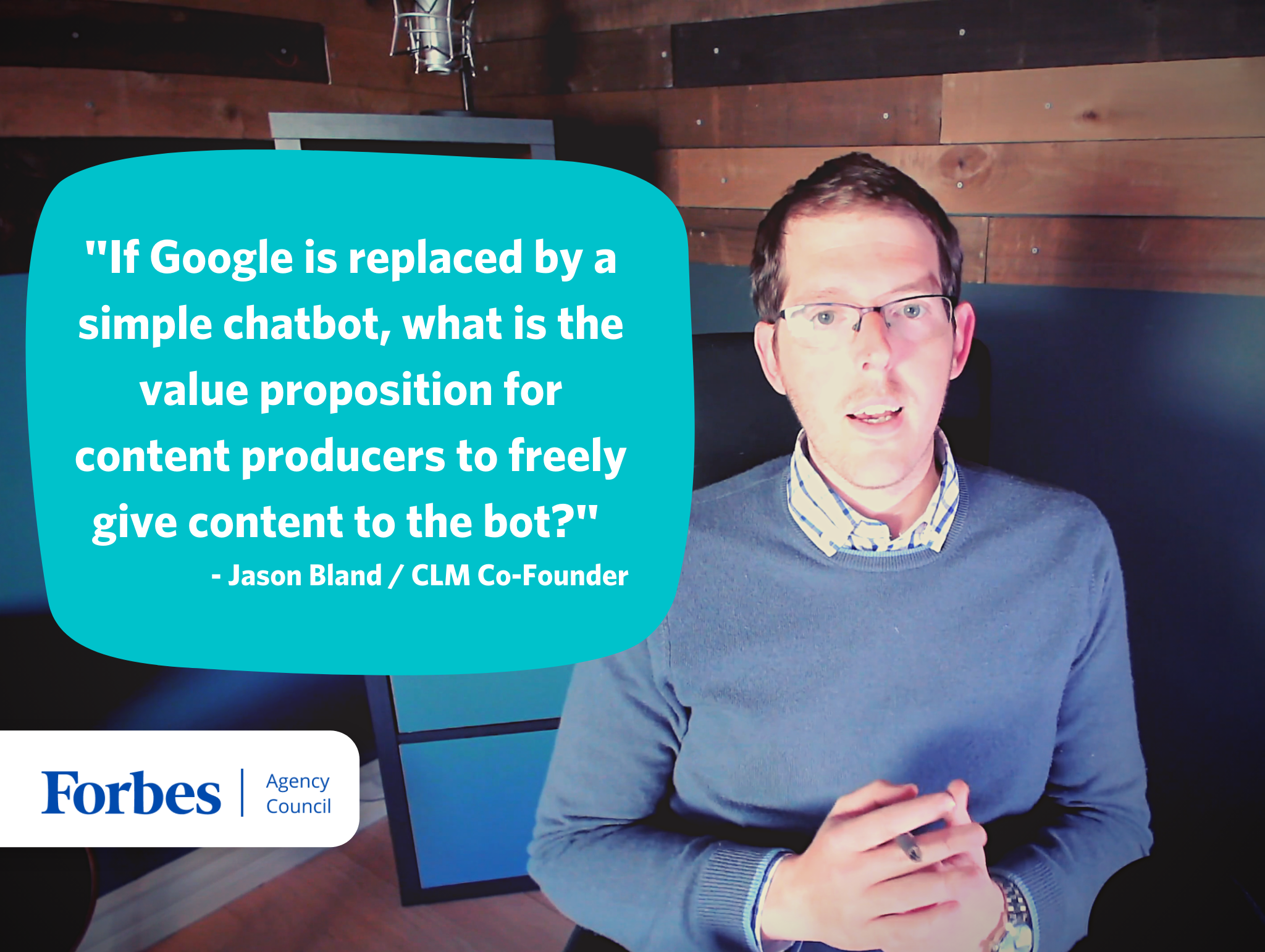We've been having some fun with OpenAI's ChatGPT. It is, by far, the most impressive AI chatbot to be evaluated by the general public. Over at Bigger Law Firm Magazine, I tested the bot's ability to write unique content around a fictional character named Larry, the Hairy Canary. In this experiment, the bot really spread its wings (sorry, I couldn't resist.)
While we're having fun playing with this new technology, the doomsday predictors are out there saying that chatbots like ChatGPT will replace the need for Google. The reason for this prediction is the belief that users will flock to an AI bot to ask questions instead of a search engine.
That assumption isn't totally off base but there is a big problem... chatbots don't inherently know anything! They read and they learn. To train these bots, companies like OpenAI crawl the web, Wikipedia, and archive books.
In fact, about 60% of their data source is the web at large. That means ChatGPT is learning by reading human generated content that is published on the web. That is the challenge... in a post-Google world, how does ChatGPT get its data?
Earlier this week, I published an article on Forbes asking the question, "Will OpenAI's ChatGPT Change Law Firm SEO?" You can read the full article here.
In that article, I discuss the value proposition that Google gives the world at large to incentivize publishers to give the search giant free content.
"When you ask Google questions, the answers are not coming from Google; they’re coming from publishers, websites, companies, bloggers and media sources. Businesses, like law firms, publish this free information to bring in targeted demographics to their brand via search.
That’s the value proposition—you give Google free content; they use that content however they’d like, and your website gets traffic. You can then monetize that traffic by displaying ads or selling a product or service."
That's not to say that AI won't eventually be able to watch the world go by and interpret that data without human insights but it probably won't happen this year or next. Future chatbot search engines need diverse insights in order to answer questions, and guide consumers to products and services. If they don't provide an incentive for publishers to share that knowledge for free, these bots will struggle to keep up with current events.

